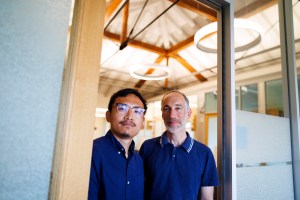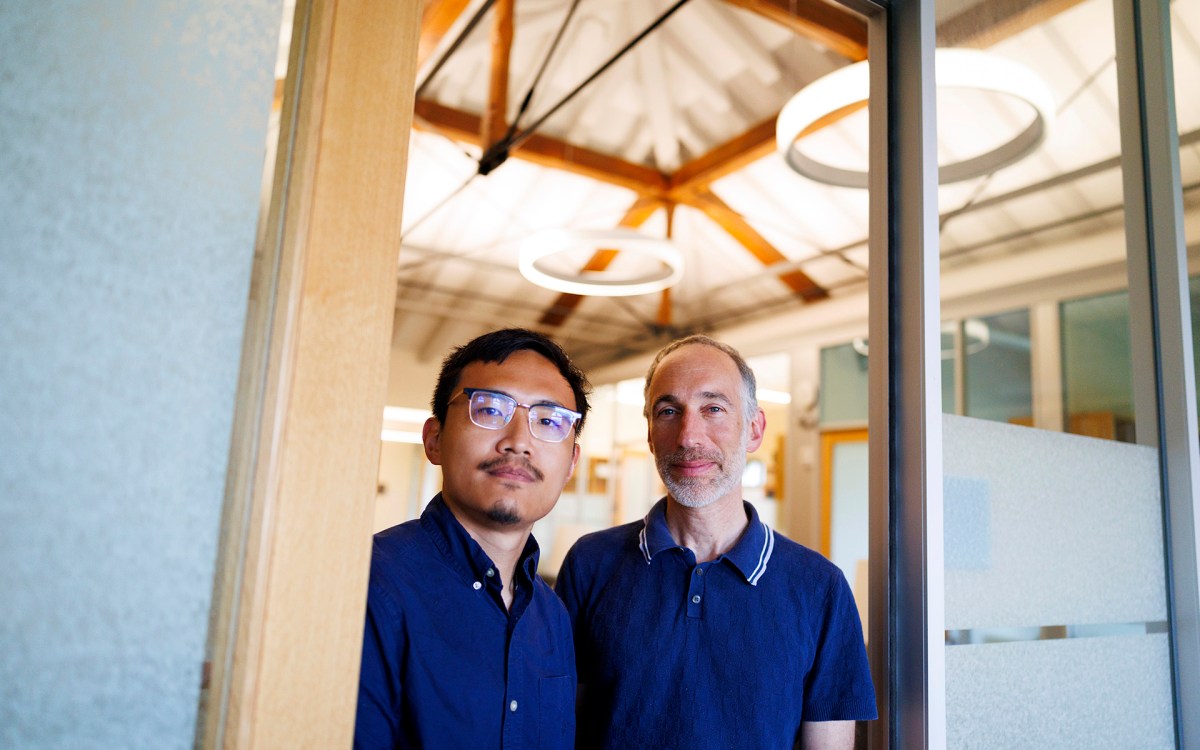Cassandra Okechukwu, associate professor of social and behavioral sciences, studies how different environments—such as our homes and our workplaces—shape our health. She sat down with Christiana von Hippel S.D. ’19 to talk about her life and work.
How did you first become interested in academic public health?
I always knew I would become a professor—it is the family business! Nigerians, especially my tribe, the Igbos, have high regard for professors, and many family members are professors. After immigrating to the U.S. in 1993, I learned quickly that a successful academic career required not just intelligence but adequate funding, so I pursued an undergraduate degree in nursing because of the high hourly wage and flexible schedule. Nursing is a common occupational entry point for African immigrants in the D.C./Maryland area where I grew up.
My first exposure to public health was through occupational and environmental health courses that I took at Johns Hopkins. I became interested in the health effects of work environments on workers. As my own career trajectory was shaped by occupational segregation, noting these forces and their effects on workers’ opportunities for optimal health has continued to be a theme in my research. I loved the focus on creating social change in my occupational health courses so much that I ditched my original plan of pursuing a Ph.D. in nursing after my M.S.N./M.P.H. degree. Instead, I took a job as a project coordinator at the University of Maryland’s Center for Environmental and Occupational Health Justice. Working alongside nurses with doctoral degrees in public health inspired me to follow the same path.






